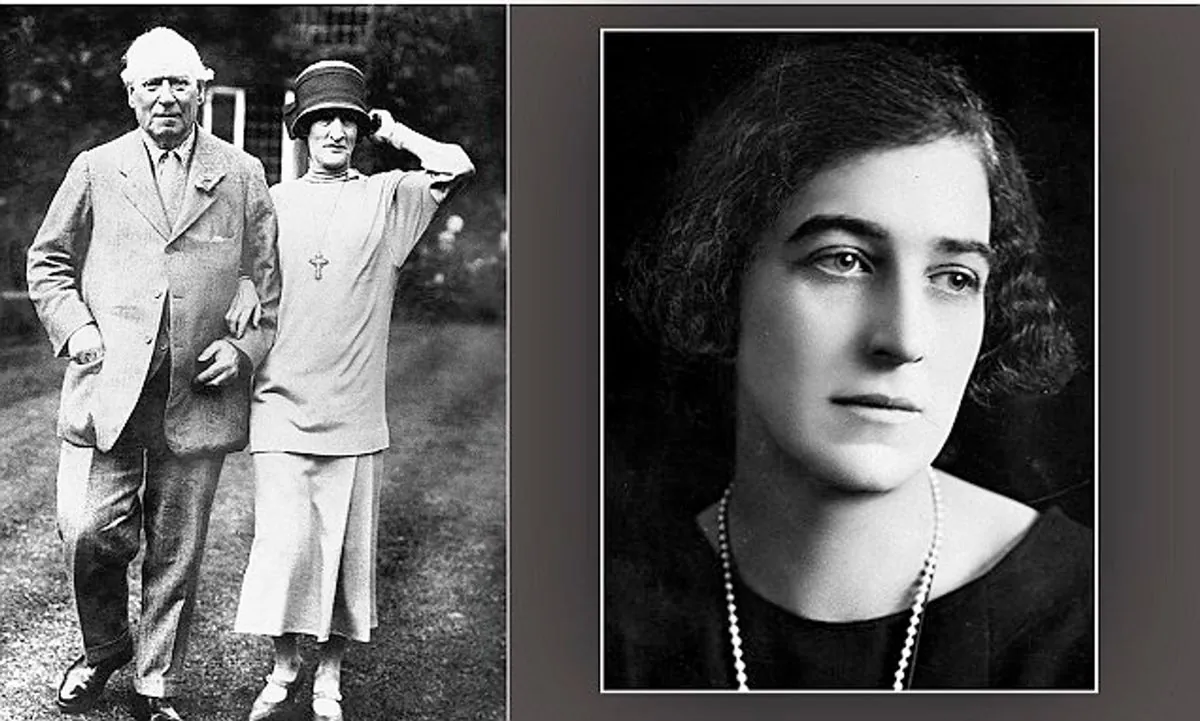Asquith's Secret Affair: New Revelations Shake Historical Narrative
Author Robert Harris uncovers details of former UK Prime Minister Herbert Asquith's clandestine relationship with Venetia Stanley, revealing potential national security risks during World War I's early stages.

Recent research by author Robert Harris has shed new light on a controversial chapter in British political history. His findings, detailed in the upcoming book "Precipice", reveal the extent of former Prime Minister Herbert Asquith's affair with Venetia Stanley, a socialite 35 years his junior.
Harris's investigation suggests that the relationship between Asquith and Stanley was more than just a "fantasy". The author uncovered evidence of weekly rendezvous in the Prime Minister's official vehicle, a 1908 Napier, during Asquith's tenure from 1908 to 1916.

The affair's implications extend beyond personal indiscretion. Harris's research indicates that Asquith shared classified information with Stanley, potentially compromising national security during the critical early phase of World War I. This revelation contrasts sharply with the portrayal in Roy Jenkins' 1964 biography, which downplayed the relationship's significance.
"We can account for so much of his time in the run-up to the First World War, but this enabled me to tell the story day-by-day through the 560 letters Venetia kept."
The frequency and intensity of their communication are striking. At the peak of their relationship, Asquith wrote to Stanley thrice daily, even during crucial Cabinet meetings. He shared not only state secrets but also love poetry, quoting Tennyson and Browning.
Harris's work challenges previous assumptions about the nature of the affair. The prime ministerial car, described as a "bedroom on wheels" with privacy features, facilitated their clandestine meetings. This arrangement raises questions about the potential impact on Asquith's decision-making during a pivotal period in British history.
The revelations have been met with interest from Stanley's descendants. Her granddaughter, Anna Mathias, expressed approval of Harris's research, suggesting a willingness to confront this complex historical narrative.
As we approach the 110th anniversary of World War I's outbreak, these findings offer a new perspective on the personal and political dynamics at play during that tumultuous era. They serve as a reminder of the intricate interplay between private lives and public responsibilities in the corridors of power.


































